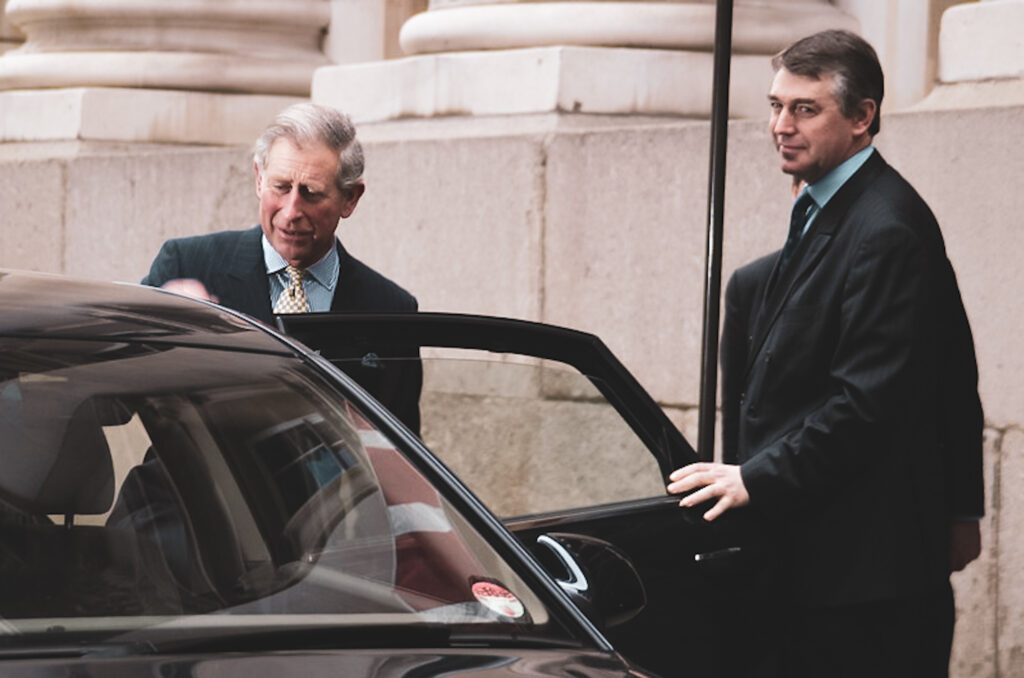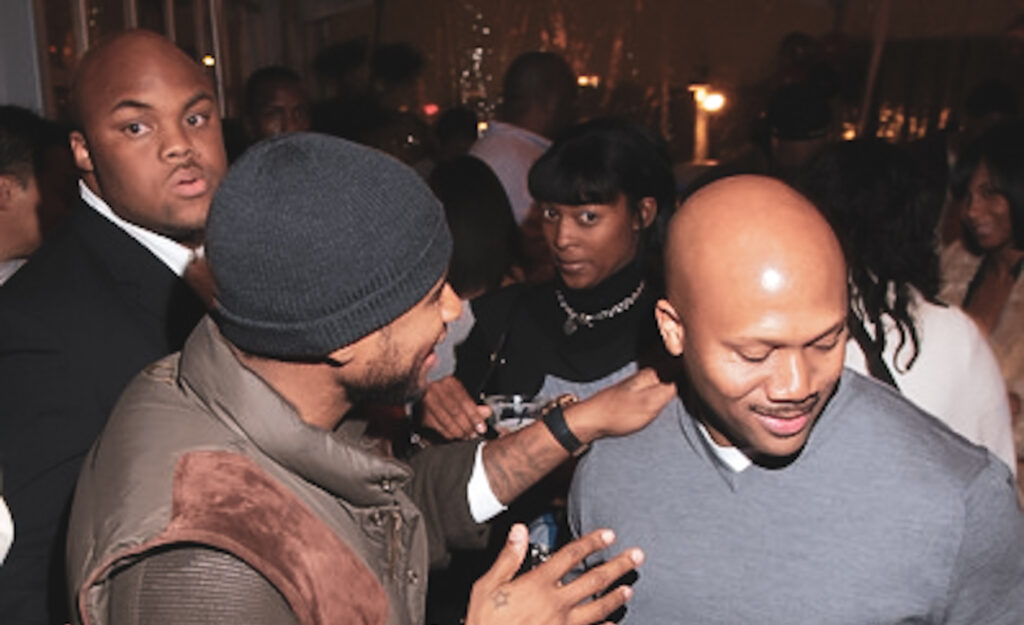An executive protection specialist is responsible for protecting the lives, reputations, and even the family of high-profile clients. Not many people are willing to put their life on the line for the safety and well-being of others. However, that is precisely what EPAs train to do.
These security operatives form part of a niche professional occupation where education, extensive training, and vetting are necessary. Moreover, their success occurs when team members show dedication to their jobs.
As the executive protection industry continues to evolve into higher standards, professionalism and more mission complexity than ever before, it is increasingly important to all parties involved to not only understand what sets a highly trained EP Agent apart from the stereotypes of the past, but also to realize that today’s agents must be social chameleons operating at a very high level with increased training and knowledge of IT, cyber and now also medical protocols and procedures to make it as an effective EP agent in today’s world.
– Martin Nielsen, Founder, 3D Executive Services
What’s in a name… Everything
What do you say if somebody asks, “what do you do for a living?” And what’s in a name anyway? A great deal actually.
In line with public opinion, there’s a world of difference between the definition of an executive protection specialist and a bodyguard. The latter refers to an armed attendant or group of escorts whose job is to protect an individual. The word attendant seems rather insufficient when talking about the executive protection profession.
Furthermore, the word armed is in reference to equipping oneself with something. But what exactly? A weapon? As it pertains to firearm use, this is conflicting because the majority of close protection work is done unarmed. This definition is mistakenly taken further by the stereotypical image formed by pop culture.
For years we’ve attuned the word bodyguard with imagines of a stocky individual, muscles bulging from his T-shirt and an intimating look plastered as he escorts a celebrity where they need to go. These gun-taunting, bodybuilding guys are known to protect by way of physical and verbal intimidation. That’s the image we often see.
The reality is many bodyguards are qualified CPOs acting in the role of a bodyguard. Often, newcomers and clients who aren’t aware of the differences will use these terms interchangeably. Which is not an issue. However, the issue pertains to when individuals with virtually no training and limited background experience claim the title and carve a bad reputation.
Namely, there is a stark difference between a bodyguard and an executive protection specialist.
Requirements of a Specialist – Character and Conduct
Private protection specialists receive the right training to ensure the safety of high-profile clients exposed to raised personal threats. Far from a simply armed attendant, a CPO or team has a purpose, a plan of action.
American essayist Ralph Waldo Emerson stated: A good protective agent looks and acts like a good agent. After all, a quality character is what separates the employable from the non. Often sought-after and valued personal traits of a close protection officer include:
- Intelligence,
- Interpersonal and leadership skills,
- Self-motivation,
- Resourcefulness,
- Adaptation, and
- Worthiness of confidence and trust.
The Routine Conundrum
Security operatives are skilled and experienced individuals who are able to advise their principal against common mistakes that may lead to harm. Nevertheless, the schedule the agent runs on is that of the principal. Thus, any last-minute requests need to be accepted because, well, that’s how the role of an EP officer works.
Suppose a team leader on a protective security detail calls last minute needing assistance. What is a good agent to do? Well, they immediately ask where and when they are needed. Security operatives are creatures of adaptation and readiness. They can quickly grasp the seriousness of the situation and assignment. The day doesn’t end until their detail is complete and the principal made it unscathed.
Executive protection specialists have the knack to mold themselves into a situation. But at the same time, a protective detail can’t lose objectivity by becoming part of the entourage. That would only get everyone in trouble, sooner or later. Instead, an agent handles the entourage team by effective strategies like strap-hanger management: the notion of tagging along with a unit or closely hang-on to keep formation from the inside.
Meanwhile, everything possible needs to be done to prevent your charge from being hurt. In other words, an agent has the self-discipline to remain focused on their mission. Meaning the operative will not be distracted by partying with their protectee or partaking in other unnecessary extracurricular activities.
Oh, Those Pesky Paparazzi
Providing security for well-known principals means running into obstacles from time to time. As such, stress is a constant companion to the job. Chaos can ensue from a lack of professionalism during such instances.
For example, take the event with a mass of fans and paparazzi excitedly crowding around to get a glimpse of the star. For instance, some photographers have the determination to get the photo and will take any opportunity to get up close and personal. The odd fan may become determinedly irksome, thumping security details on their quest. Such a situation can get out of hand where the security detail gets a bad reputation and the photographer or fan sympathetic press.
Specifically, those with vast experience find ways to effectively deal with the situation and escort the group out of the area without incident. The agent must remain ready until they receive word from the detail leader that the principal is okay and on lockdown for the night. Only with those words can the protective officer relax knowing that their detail has been completed for the day.
Avoiding Drama: Priceless
Sometimes, the executive protection specialist is there to help the protectee make good choices and avoid a lot of drama. That is priceless. Ultimately, operatives have the training to mitigate security risks and avoid dangerous situations. Not only does this refer to making wise decisions, but also looking for wise alternatives if need be.
For example, if your night consists mainly of crowd management and access control to where your protectee is, remaining focused is essential. Many distractions can arise, such as the influx of new faces and more chaos. Therefore, letting your self-discipline lapse for a moment will escalate the situation and perhaps, create drama. In this analysis, heighten your awareness because there is no time for complacency.
What’s more, during these high-profile missions, the team must work synchronously to integrate the many complex personnel elements in a sophisticated manner. As noted above, adaptation is a requisite for survival. The EP industry is a dog-eat-dog world – you need to learn to acclimate quickly to the changing environments.
Summary
Potential protectees require an experienced executive protection specialist who understands the intricacies of the security industry. In other words, professionals who can conduct a range of tasks requiring special skills. And, utilize new and improved intelligence strategies and tactics as a way to assess threats, including:
- Advance planning,
- Intelligence analysis,
- Antiambush drills,
- Armed and unarmed defensive techniques,
- Escape and evasive driving, and
- Emergency medical response.
Additionally, an agent with a calm demeanor and proficiency in defusing tense situations will go a long way. The protection operative needn’t let their guard drop and potentially become complacent.
The reward for many protection officers comes from knowing their client made it through the day without incident. Safe and secure. The work of an agent is 24/7, so what more can one ask for?







